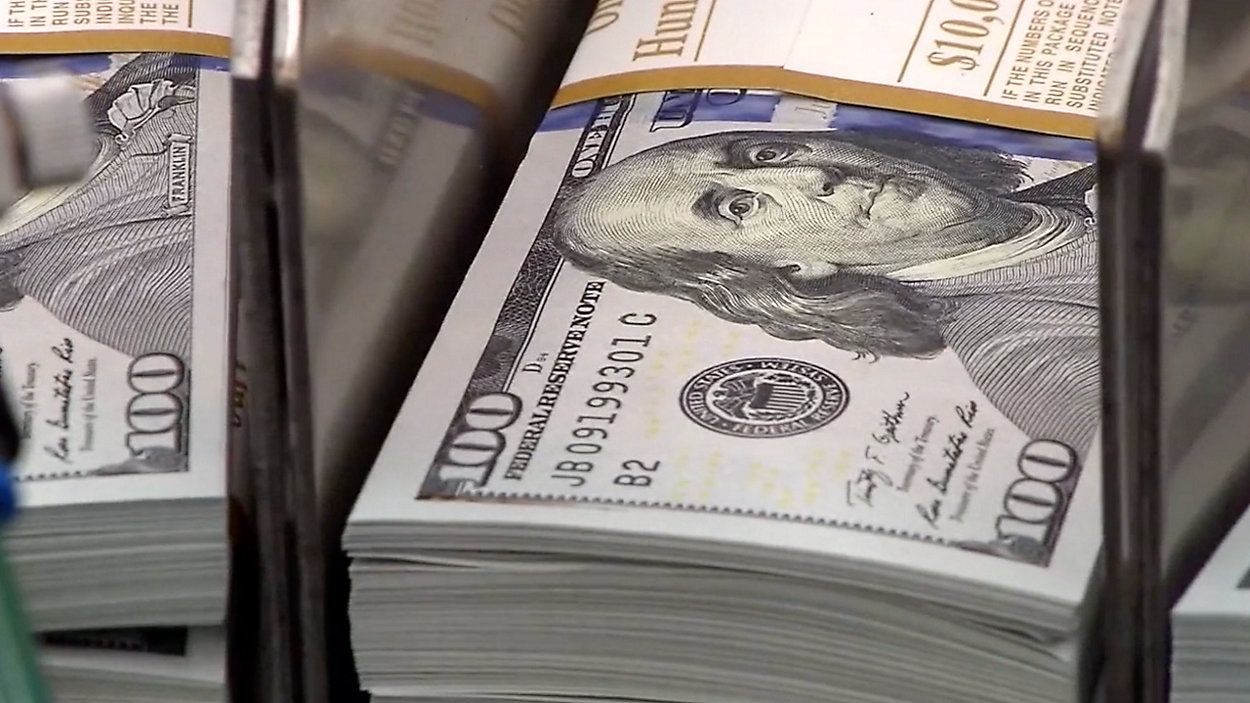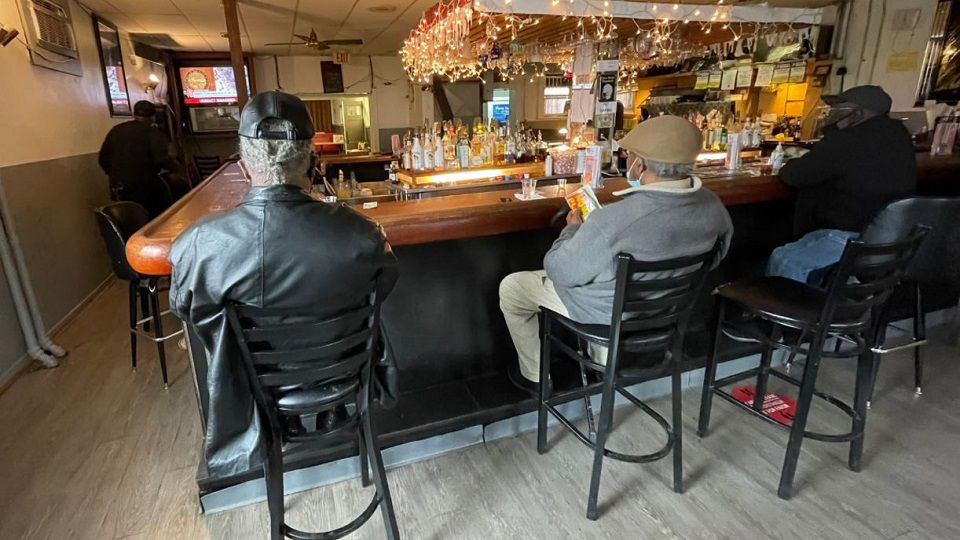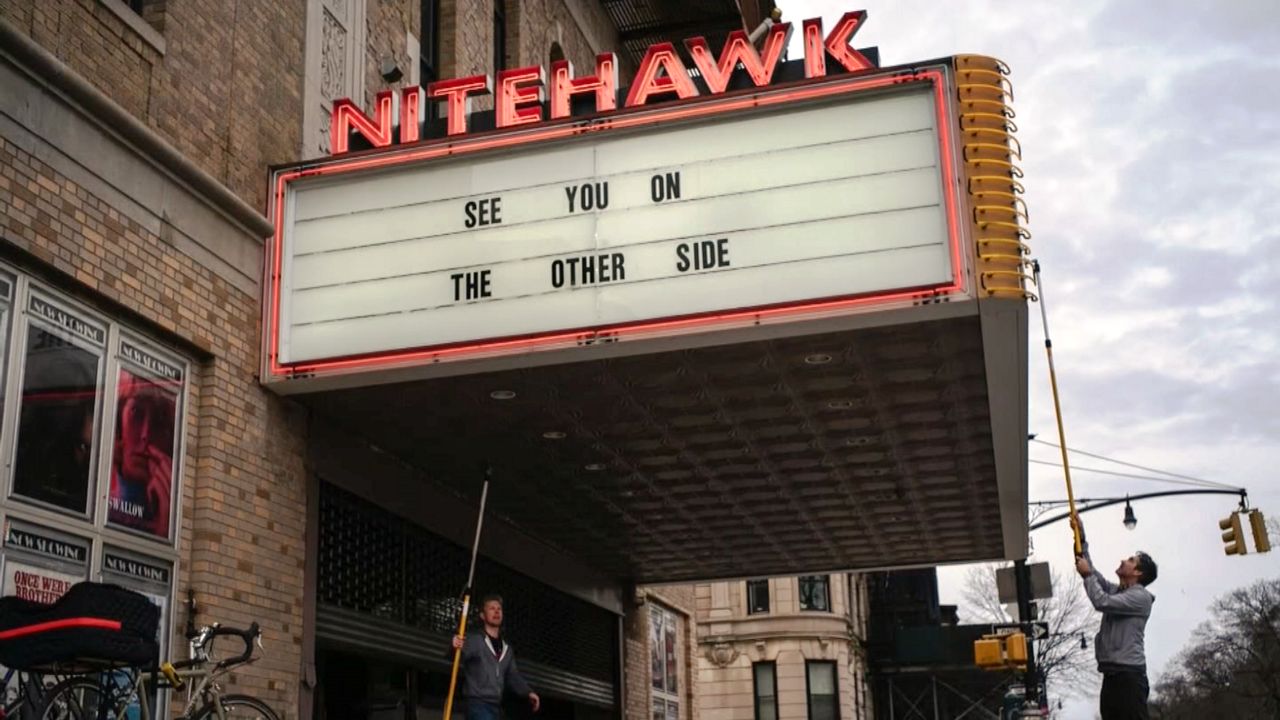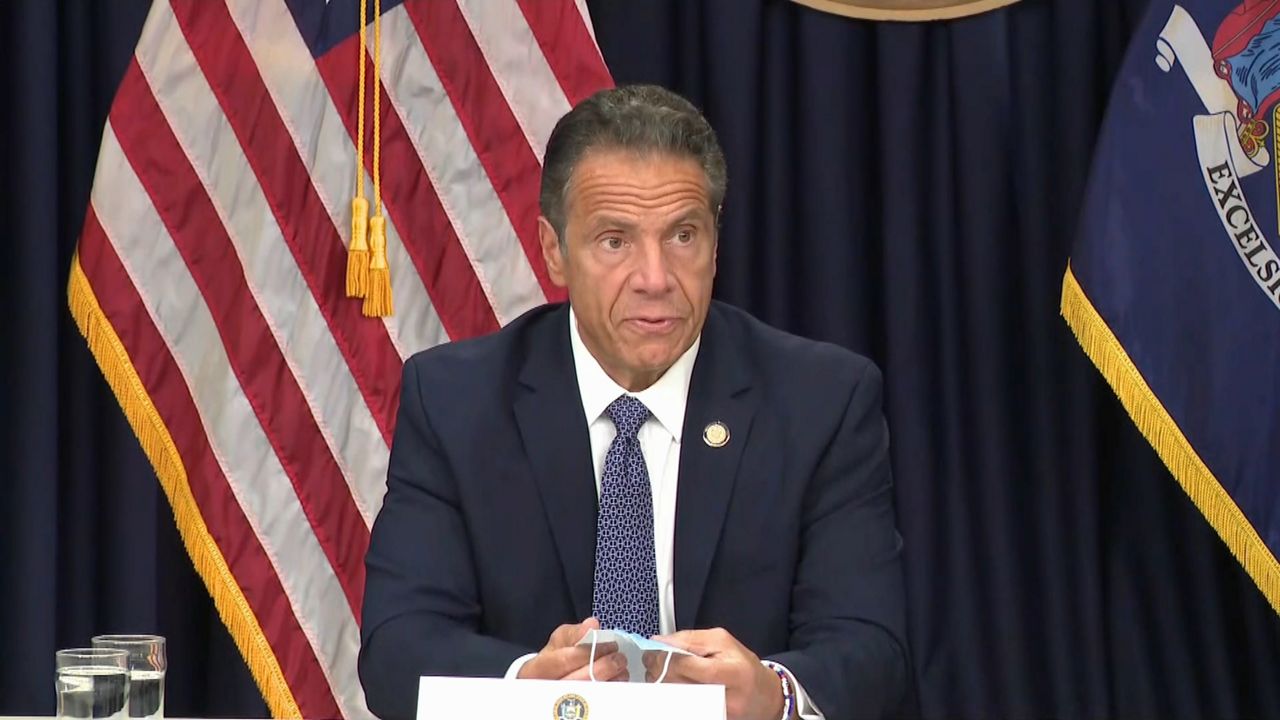Since “New York on Pause” went into effect last month, CDTA CEO Carm Basile says ridership has plummeted by about 60 percent.
“The impact of COVID-19 on our operation is like nothing I have seen,” Basie said Wednesday morning. “We were pushing 60,000 boardings on a good weekday. On a weekday now, it is 28,000 or 29,000, so it is a significant impact on ridership.”
As a public authority, CDTA receives the bulk of its revenue from the state and federal governments, but Basile says a third comes from passenger fares. In an effort to keep drivers safe from COVID-19 exposure, riders are now boarding in the rear of the bus and fares haven’t been collected for several weeks.
“That third of our revenue in real numbers is north of $20 million,” Basile said. “Without $20 million we have to find a way to either replace it or modify our operation.”
With many of its riders part of the essential workforce fighting the pandemic, CDTA has been awarded $42.8 million through the federal CARES Act, which is geared toward helping America’s public transportation authorities sustain operations.
“Our weekly payroll is about $1 million, so immediately the cash flow situation will be eased somewhat,” Basile said.
“Because there’s a revenue stream they rely upon as public transit, I think it’s important to fill that gap,” said Congressman Paul Tonko, who, along with Senators Chuck Schumer and Kirsten Gillibrand, helped CDTA acquire the funds.
In an effort to limit the number of passengers on its buses, CDTA has increased its routes. During this challenging time, Basile says the authority’s mechanics, cleaning crews, and drivers will continue to make sure essential workers are able to get to their jobs.
“The response from our workforce has been tremendous,” Basile said. “Front-line workers that have to come to work every day, they really don’t have a lot of choice in this. The service we provide is more important today than it was yesterday.”










